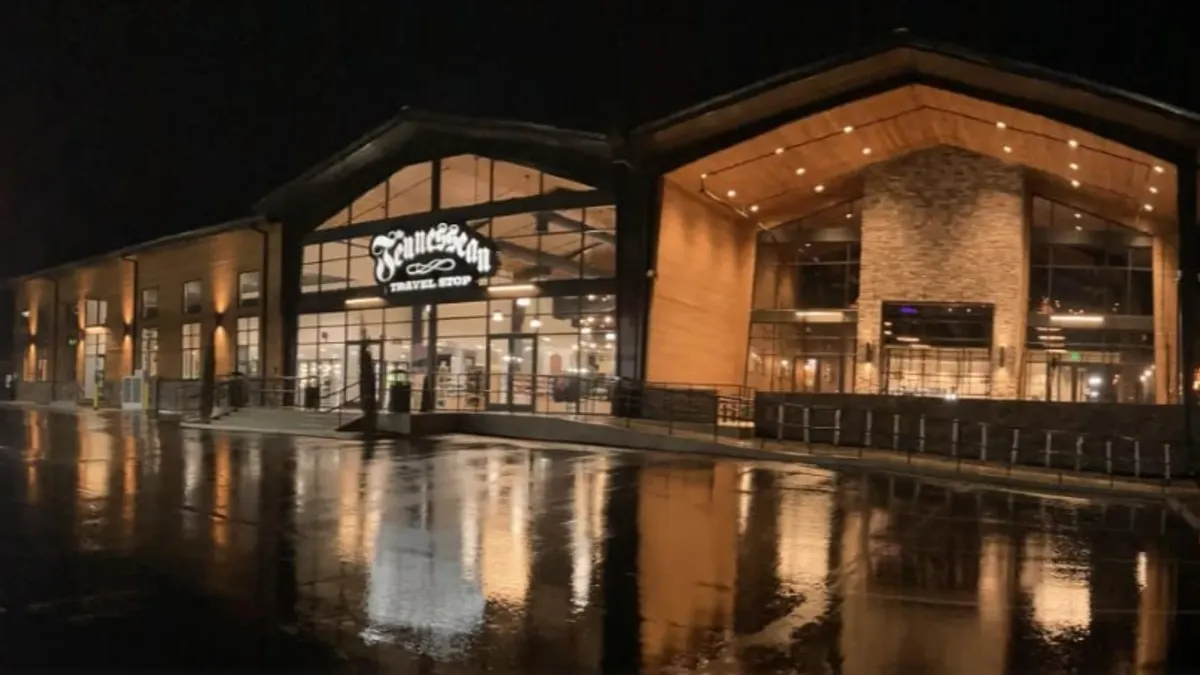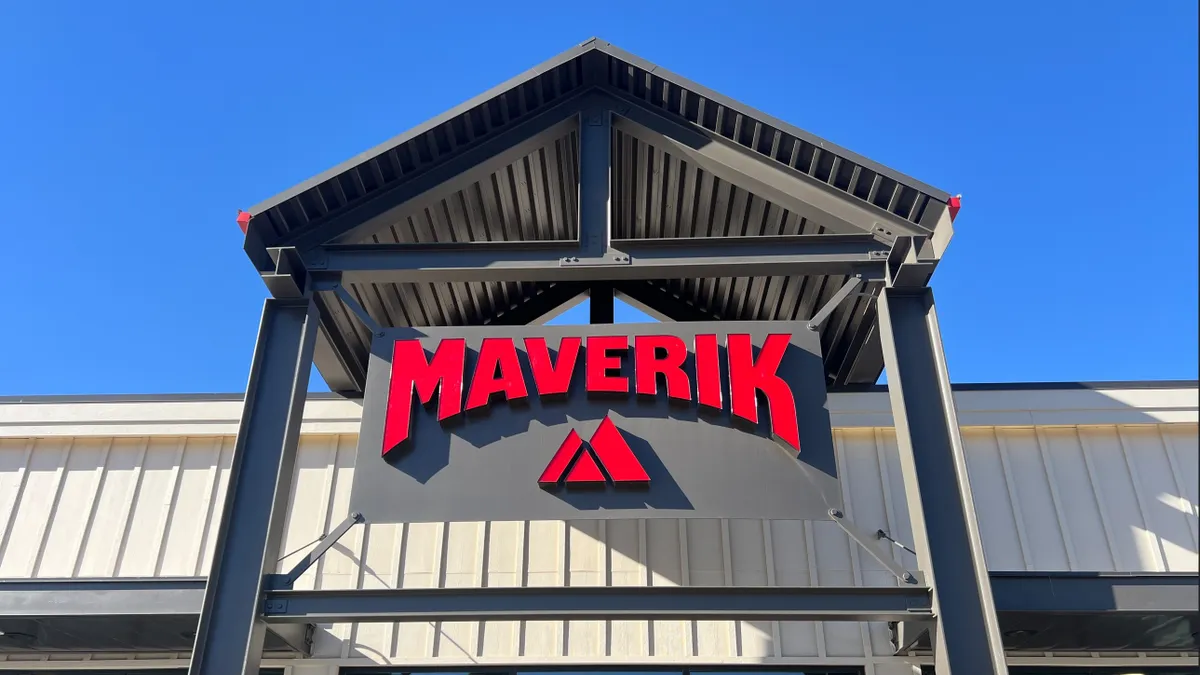Dive Brief:
- Colorado voters narrowly approved Proposition 125 in the November 2022 election, allowing wine sales in convenience and grocery stores that already have licenses to sell beer and hard seltzer.
- The proposition — which earned 50.58% of the vote — will go into effect on March 1, 2023 and will also allow for wine tasting events.
- With the bill passing, Colorado now joins 39 other states that already allow convenience and grocery locations to sell wine.
Dive Insight:
Included in the legislation were 1,819 sites — including both convenience and grocery stores — that were licensed to sell fermented malt drinks and will soon be able to add wine to their shelves. And by hosting wine-tasting events, customers will have a reason to not only come in, but linger and browse the store.
Stores cannot sell alcohol between midnight and 8 a.m, must make sure their alcohol is handled by workers who are at least 18 years old and can deliver alcohol if the delivery person is 21 or older, according to the legislation.
With this vote, only 10 states continue to prevent broad wine sales in c-stores, and there are initiatives underway to further reduce that number. For example, Maryland has seen increasing pushes in the past few years to expand wine sales, and while many of the states that don’t widely allow wine sales in c-stores still allow some, such as New Jersey, which limits each chain to two licenses within the state.
Wine is a small but growing part of the c-store product mix. According to the National Association of Convenience Stores’ (NACS) 2021 State of the Industry (SOI) Report, average monthly c-store sales of wine fell 7.5% compared to 2020. However, “2020 wine sales were an anomaly for convenience retailers,” Jayme Gough, NACS research manager, said in the report.
Prop 125 was not the only ballot question c-stores and grocers had their eye on in Colorado. Proposition 126 would have permanently expanded home delivery of alcohol, from both off-premise sellers like convenience stores and liquor stores, as well as bars and restaurants. That proposal was defeated, with 51.14% of voters against it.










